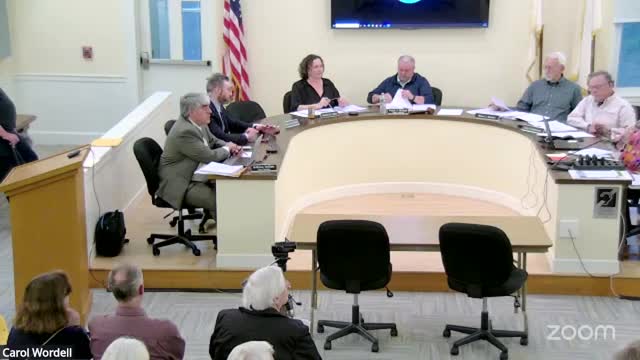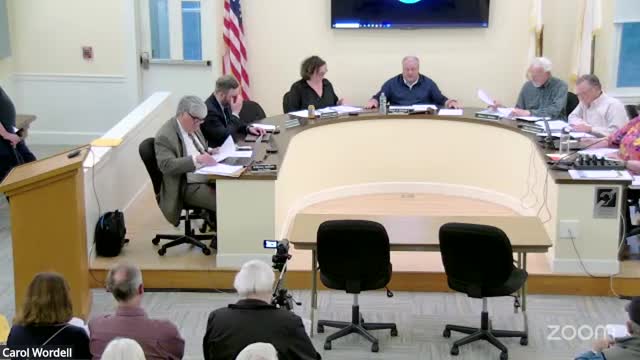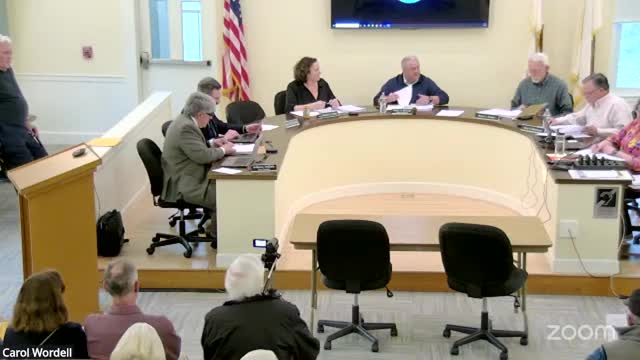Article not found
This article is no longer available. But don't worry—we've gathered other articles that discuss the same topic.

At a glance: Little Compton council approves wastewater repairs, recreational lighting filing, scouts legal help and several licenses

Committee recommends community‑led planning, grants and possible $1.5 million bond for Odd Fellows and community center

